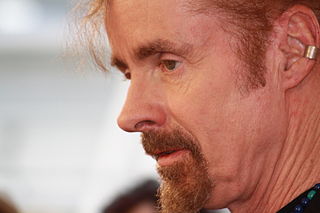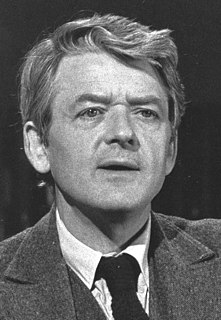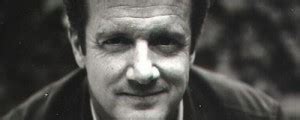A Quote by Karen Joy Fowler
Butler's novel 'Kindred' may be the book most widely read by readers outside science fiction; it has been assigned as a text in classrooms and has sold steadily since its publication in 1979.
Related Quotes
Unlike most readers in Antiquity who read their books aloud, we have developed the convention of reading silently. This lets us read more widely but often less well, especially when what we are reading-such as the plays of Shakespeare and Holy Scripture-is a body of oral material that has been, almost but not quite accidentally, captured in a book like a fly in amber.
It had also been my belief since I started writing fiction that science fiction is never really about the future. When science fiction is old, you can only read it as being pretty much about the moment in which it was written. But it seemed to me that the toolkit that science fiction had given me when I started working had become the toolkit of a kind of literary naturalism that could be applied to an inherently incredible present.


































